Rainsoft Water System
gilbert0509
13 years ago
Related Stories

HEALTHY HOMEHow to Choose a Home Water Filtering System
Learn which water purification method is best for your house, from pitchers to whole-house setups
Full Story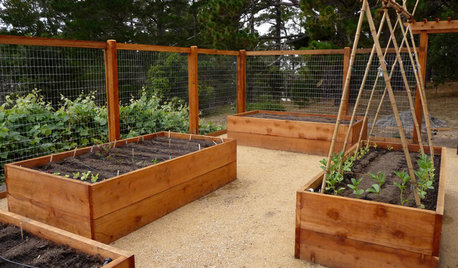
GARDENING GUIDESHow to Install a Drip Irrigation System
Save time and water with a drip watering system in your vegetable garden — a little patience now will pay off later
Full Story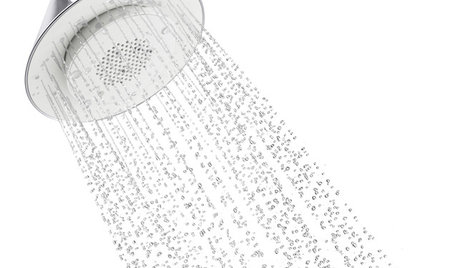
HOME TECH3 Shower Sound Systems That Beat Your Clunky Old Radio
Stream music, radio and podcasts — and even take phone calls — right in your shower, with wireless and water-resistant sound systems
Full Story
GREAT HOME PROJECTSHow to Add a Radiant Heat System
Enjoy comfy, consistent temperatures and maybe even energy savings with hydronic heating and cooling
Full Story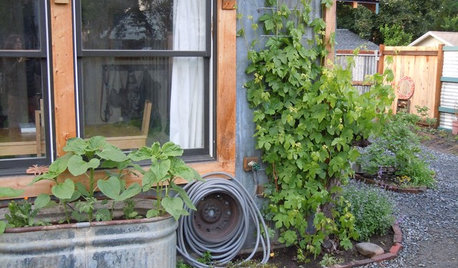
GARDENING GUIDESEdible Gardening Essentials: Tips for Traditional Hand Watering
Save the expense and hassle of a complicated garden system with a simple watering can or inexpensive hose add-ons
Full Story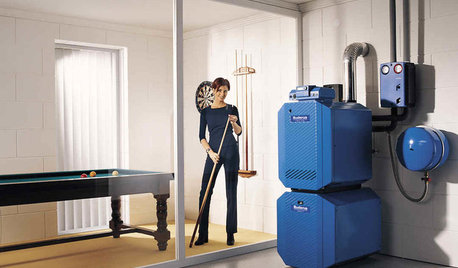
HOUSEKEEPING5 Steps to Improve Your Heating System Now
Increase your heater's efficiency and safety for lower energy bills and greater peace of mind this winter
Full Story
HOME TECHTote Your Tunes to Any Room With a Portable Wi-Fi Sound System
Free your home's music setup from wires with Wi-Fi speakers that let you take high-quality audio anywhere
Full Story
EARTH DAYGrow a Beautiful Garden With Ecofriendly Greywater
Reducing home water waste means lower bills and a healthier planet. Here's how to set up a greywater home irrigation system that can help
Full Story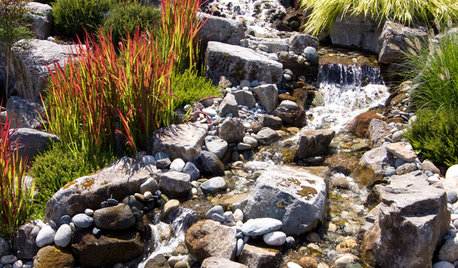
LANDSCAPE DESIGNDitch the Ordinary Ditch: Create a Realistic Dry Creek Bed
Here’s how to turn your water runoff system into an eye-catching accent for your landscape
Full Story
LANDSCAPE DESIGNLandscaping Tricks to Manage Stormwater Runoff
Help rainwater absorb slowly back into the earth with paving grids, gravel beds and other porous systems
Full Story





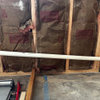
asolo
gilbert0509Original Author
Related Professionals
Livingston Handyman · Fort Washington Kitchen & Bathroom Remodelers · Franconia Kitchen & Bathroom Remodelers · Key Biscayne Kitchen & Bathroom Remodelers · North Arlington Kitchen & Bathroom Remodelers · Oklahoma City Kitchen & Bathroom Remodelers · Olney Kitchen & Bathroom Remodelers · Port Arthur Kitchen & Bathroom Remodelers · Rancho Cordova Kitchen & Bathroom Remodelers · Rancho Palos Verdes Kitchen & Bathroom Remodelers · Santa Fe Kitchen & Bathroom Remodelers · Sicklerville Kitchen & Bathroom Remodelers · Toledo Kitchen & Bathroom Remodelers · Weston Kitchen & Bathroom Remodelers · Wilmington Kitchen & Bathroom Remodelersasolo
gilbert0509Original Author
User
andy_c
User
andy_c